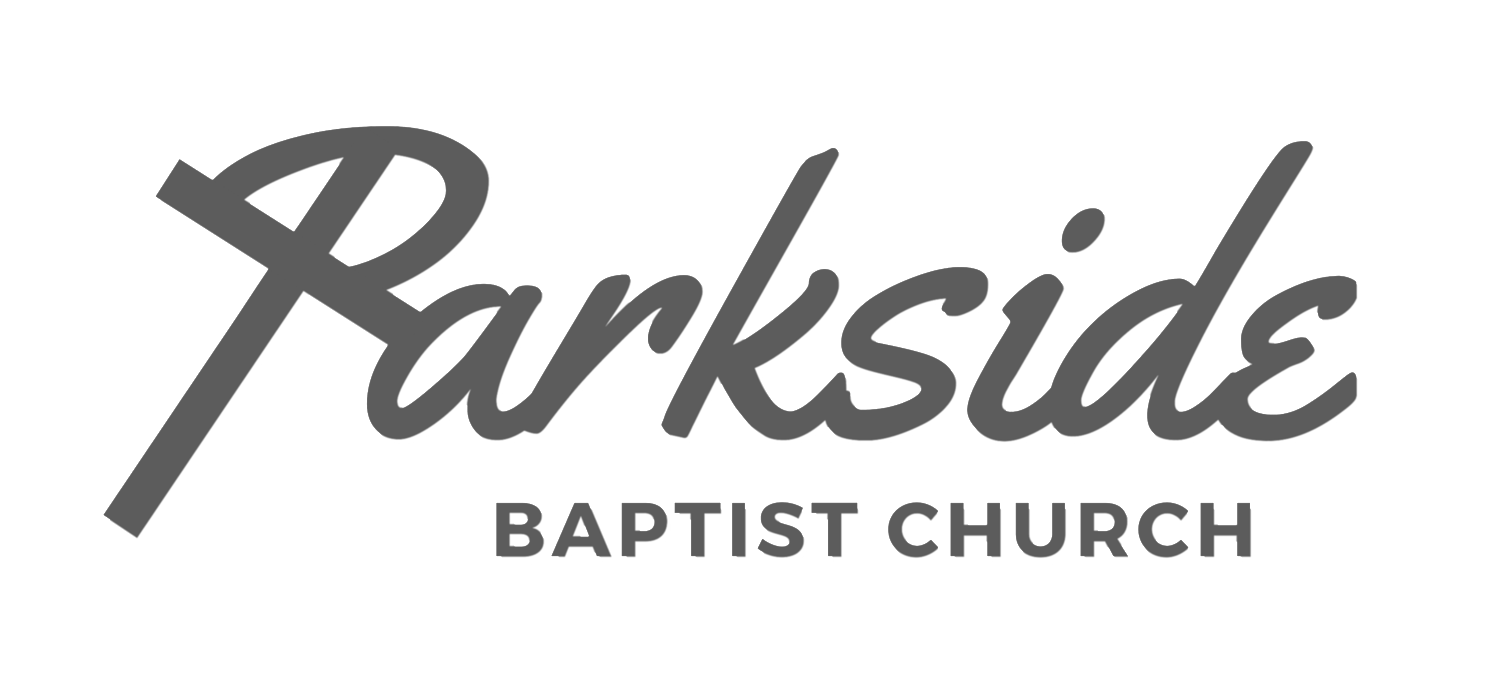We are currently sitting in a short series looking at a few of the Psalms; reflecting on God’s character and attributes revealed in them as the Psalmists converse in prayer and praise. The Psalms are a great place for anyone wanting to learn how to pray; how to approach God honestly at any stage of life, be that joy, anger, frustration, hope, or discouragement. Sometimes we don’t know how to pray or how to approach God, and so we just don’t. But when we read the Psalms we are reminded that there is no “right way” to pray. God just wants us to come to him as we are. Come as you can, not as you can’t. Pray as you can, not as you can’t.
There are few airs and graces in many of the Psalms, and David and the other writers don’t hold back from their feelings, their experiences, their doubts, their wishes that their enemies would be smashed. I find that honesty so encouraging as I read them; they are so relatable and human in their struggles just like me. They had great highs and also very deep lows; yet they were still able to declare Gods faithfulness, and praise him for his love and compassion. If you are familiar with them, you may have a few favorites as I do that you go back to from time to time for strength and encouragement. Personally, I love Psalm 1, 84, 91 and 139 just to name a few.
If you have never tried the exercise, I would encourage you to go and find a quiet place one day for an hour and try to write your own Psalm. Essentially, it is just a conversation with God; an honest opening of your heart, thoughts, questions, reflections on God, or remembering perhaps what he has done for you or us as believers. It doesn’t have to have a special style or cover any particular points; rather it is just a heart to heart as you would with a dear friend or trusted loved one. Eugene Peterson in talking about the Psalms and prayer says: “Prayers are tools not for doing or getting, but for being and becoming.” So often we end up turning our prayers in something to “do”, or as a means to get an outcome or solve a problem. But actually, they should be ways for us to learn to “be”, to become our true selves, to know who God really is, to allow the process of prayer and honest conversation to shape us more into the character and nature of God – Father, Son and Spirit.
Jesus was intimately familiar with the Psalms and he quoted them often – including the ones that spoke prophetically about him. He would have memorized many of them and even on the cross he quotes from Psalm 22 as he is suffering. Jesus also took time out regularly to go to solitary places and pray, and I am sure he meditated on scripture in those times and especially the Psalms. So can I encourage you to enter afresh in to the prayers of the Scriptures; not with any agenda other than to connect with God and grow deeper in you conversation and honesty in prayer and presence. Just be and allow the words to shape you as you soak in the prayers of those who have gone before. May their honesty and truth teach us that we are to come as we can, not as we can’t. To pray as we can and not as we can’t.
Grace and Peace - Garry

